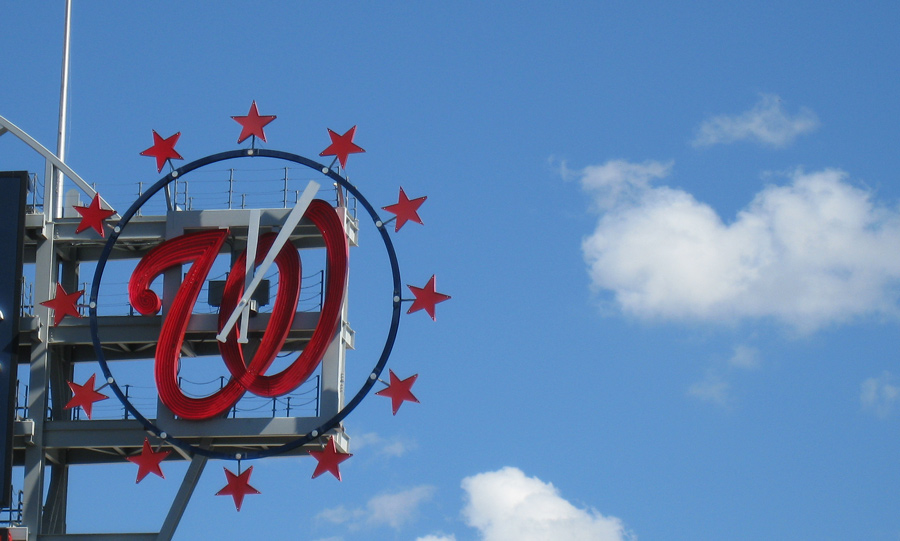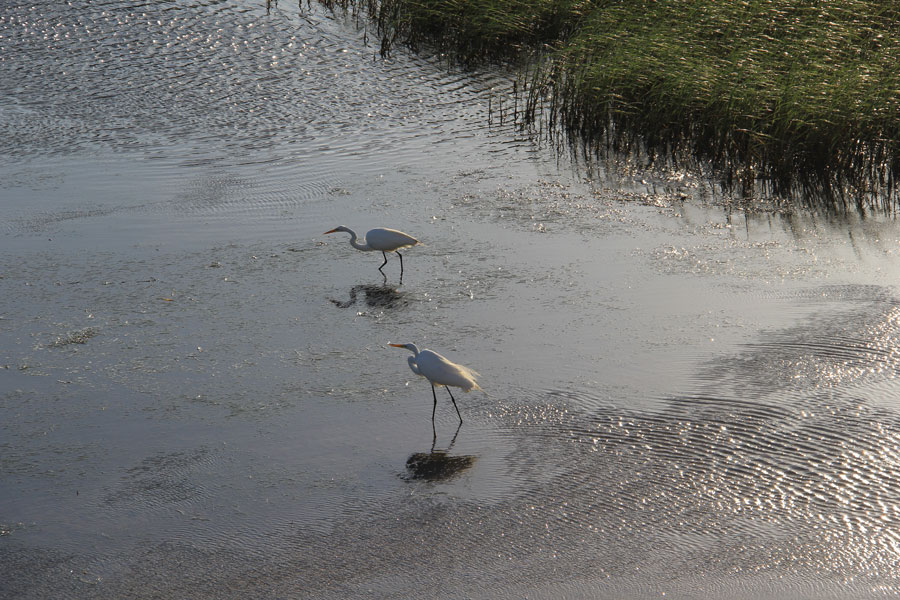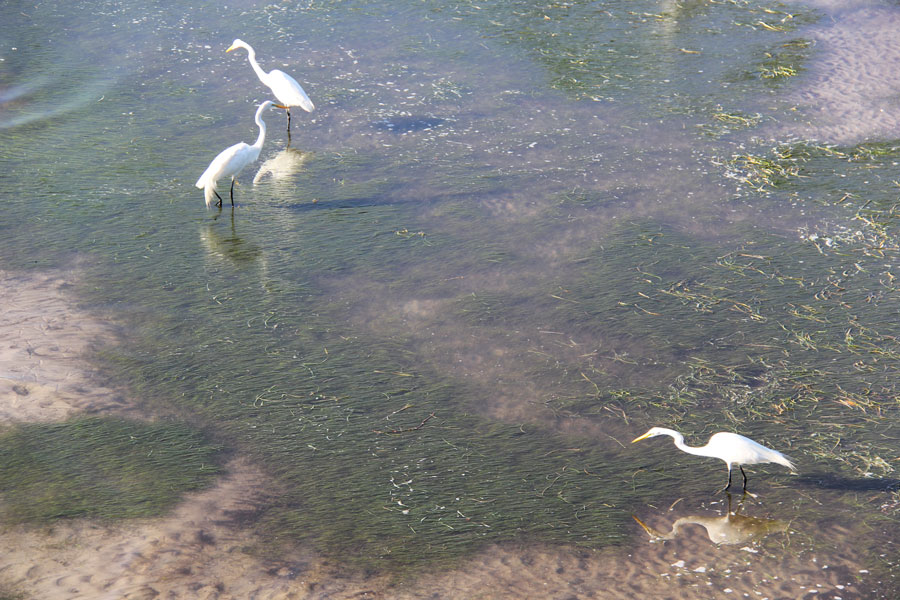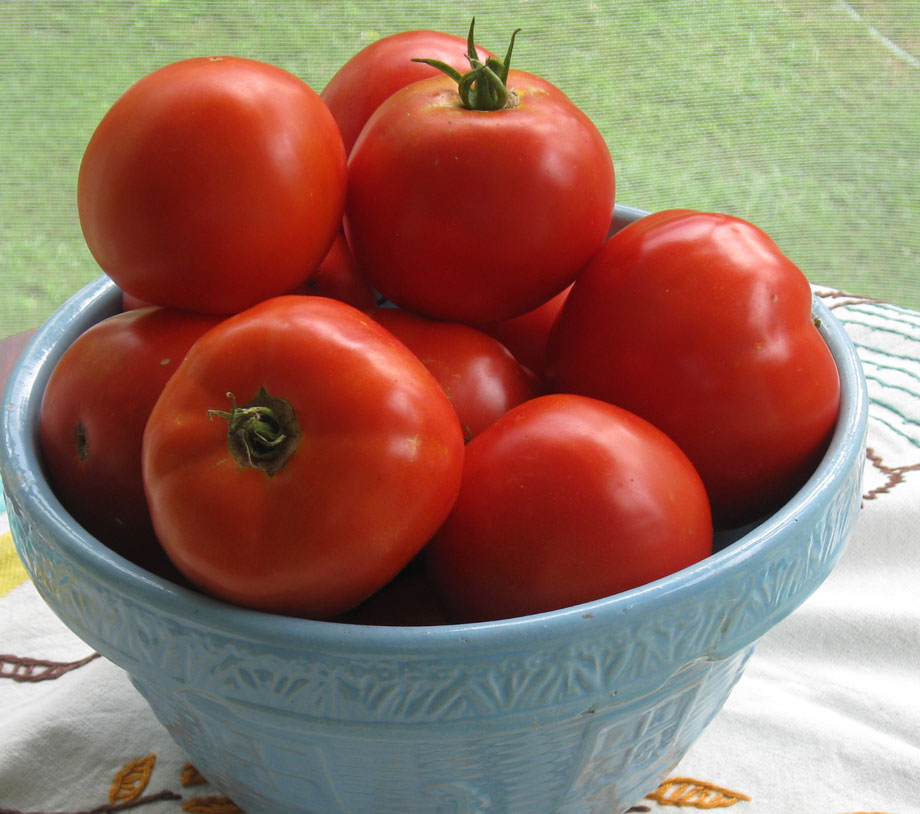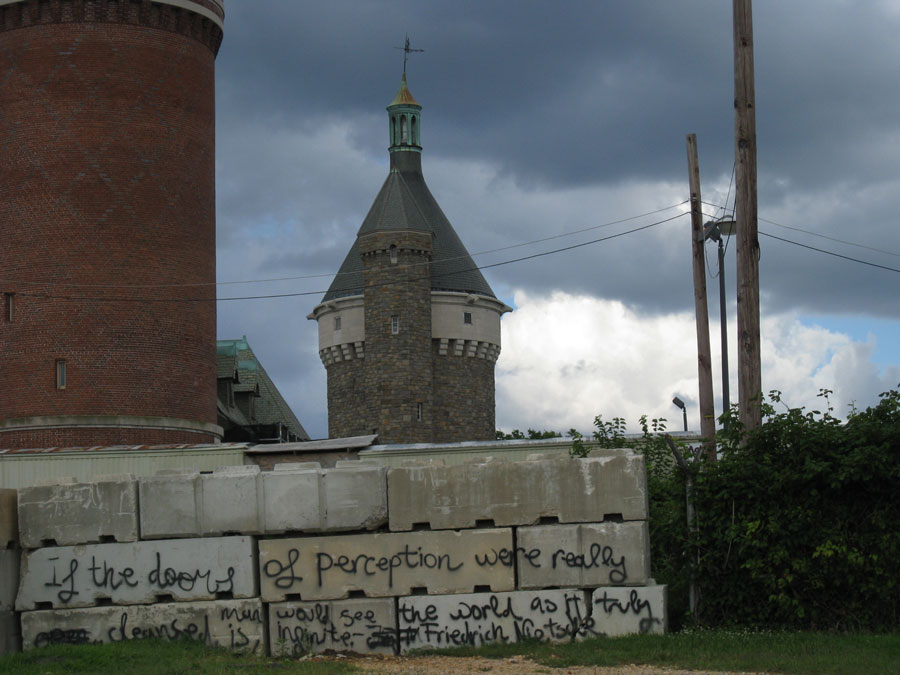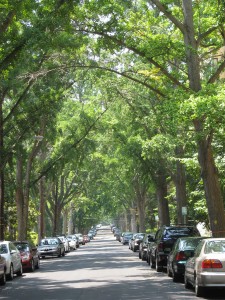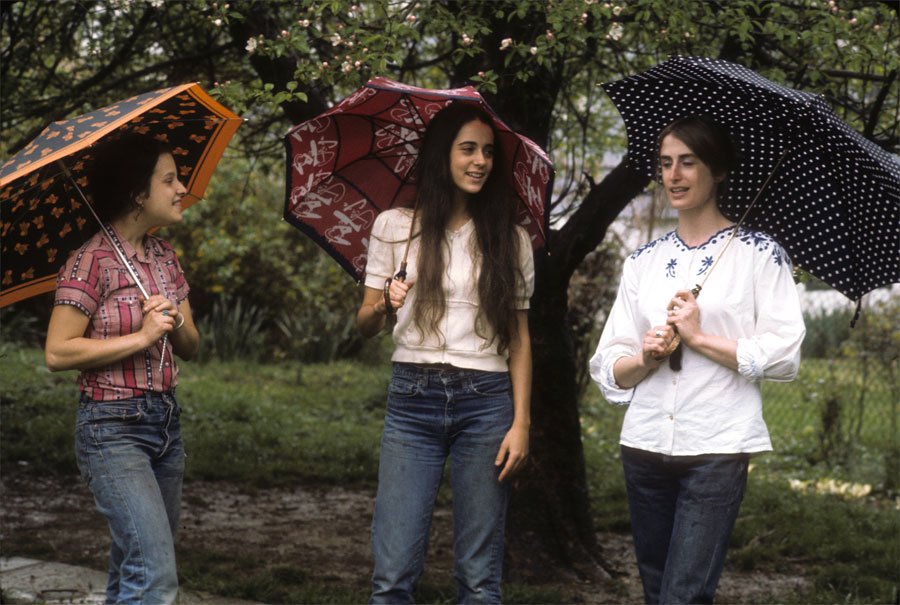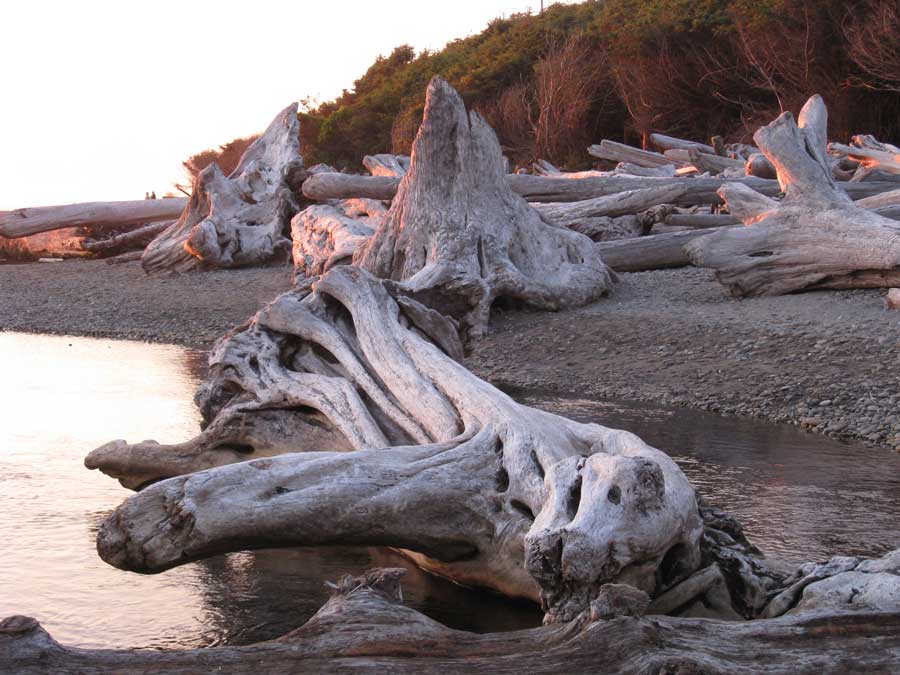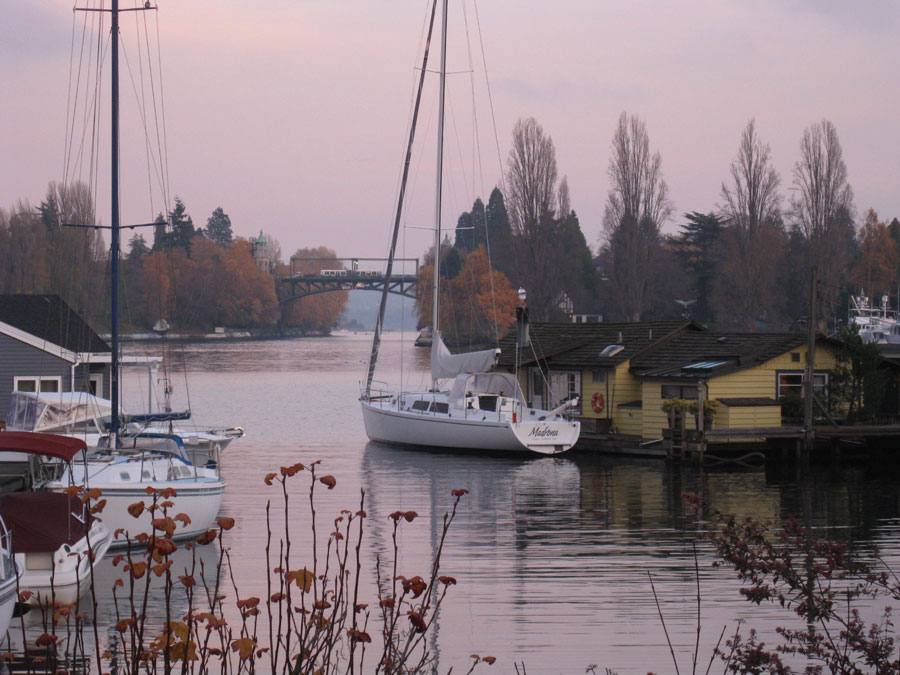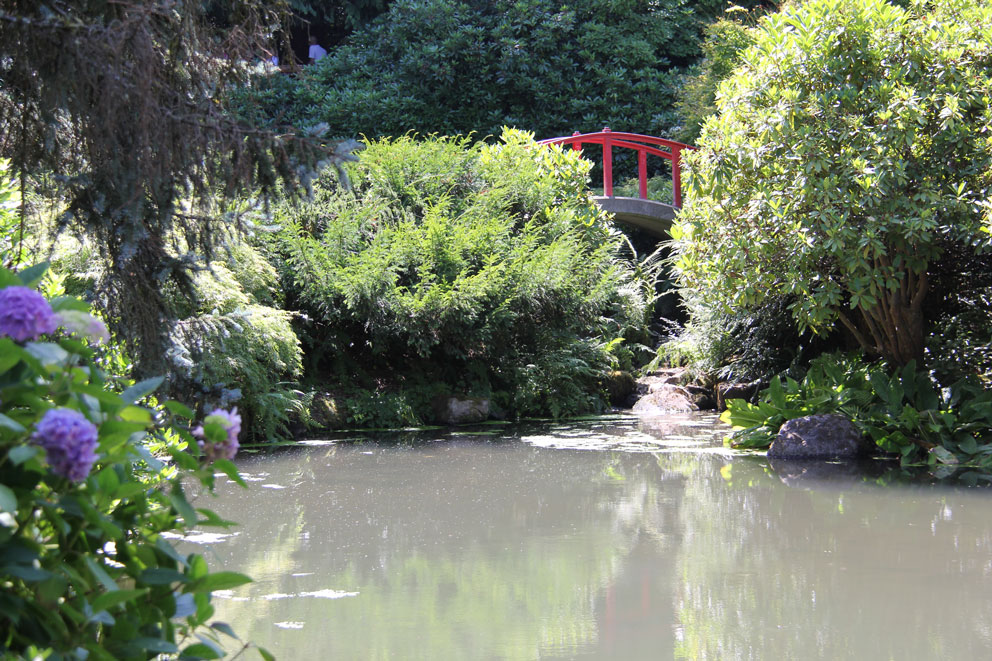
If you fly into Seattle and head north on I-5 to the city, you will not see The Kubota Garden on the way. Even if you notice the modest sign for the turnoff, you may be in too much of a hurry to reach other destinations to visit this gem hidden in plain sight.
When I lived in Seattle I always assumed I would one day visit the garden, but somehow the time flew. I wasted my opportunities.
Last week I finally got there.
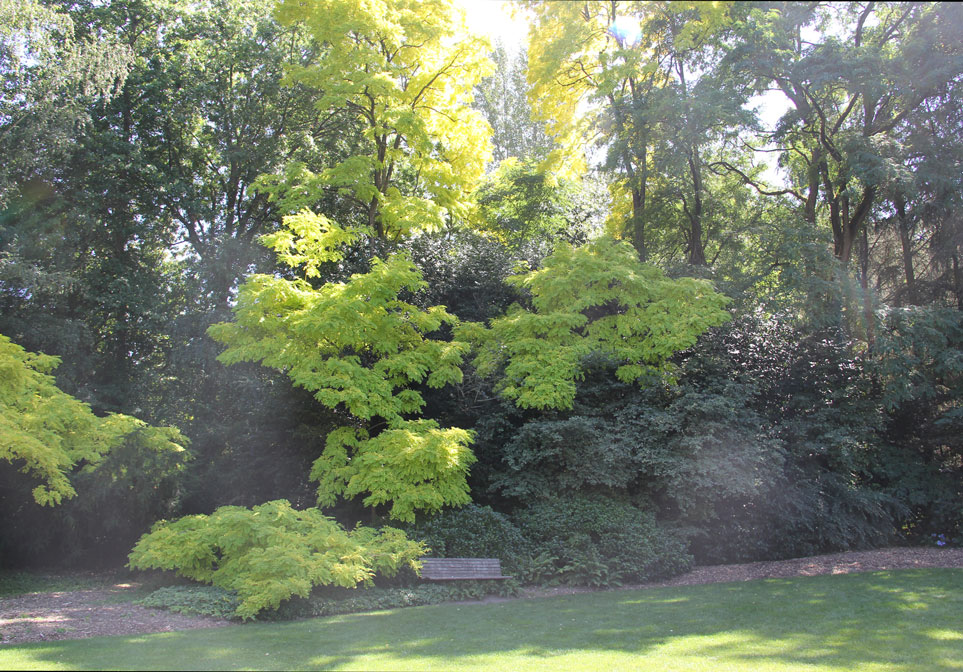
This extraordinary garden began as the work of one man, Fujitaro Kubota, who immigrated to America in 1907. He worked on the railroad before establishing his own gardening company in Seattle in 1923. In 1927 he began planting the garden on five acres of swampland in the Rainier Beach neighborhood. By 1930 the core of the Japanese Garden was complete.
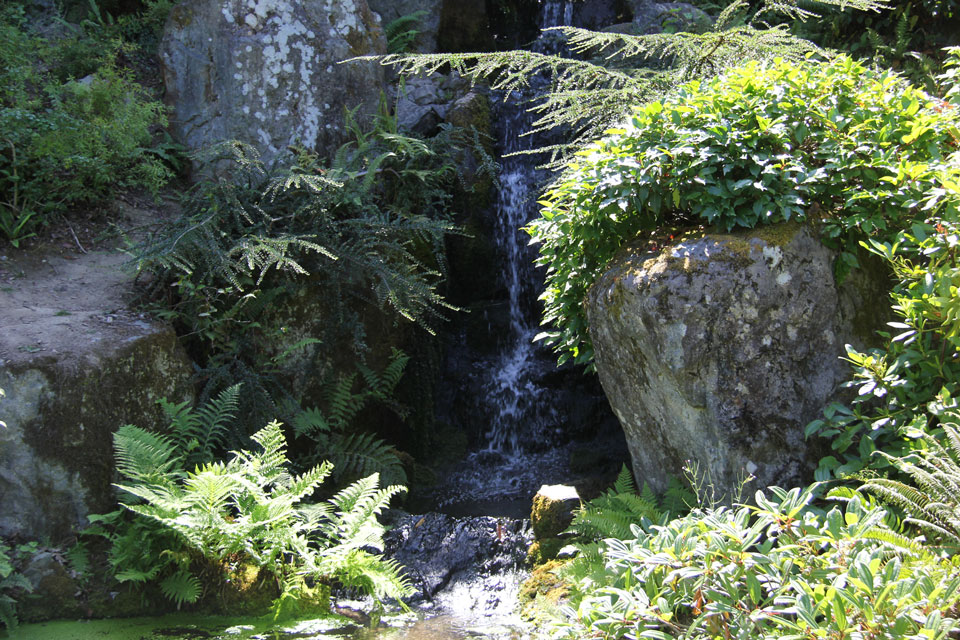
However, as anyone who gardens knows, a garden is not a static creation. Its life and health and beauty depend upon the persistent care and vision of the gardener. The Kubota Garden suffered an unusual setback during World War II, when, like tens of thousands of American citizens of Japanese descent, the Kubota family was incarcerated at an internment camp in Idaho for four years.
When the Kubotas were allowed to return to Seattle, Mr. Kubota and his sons set to work to restore and expand the garden. The result of their labors is a stunning testimony to the power of gardening to foster peace and generate goodwill.
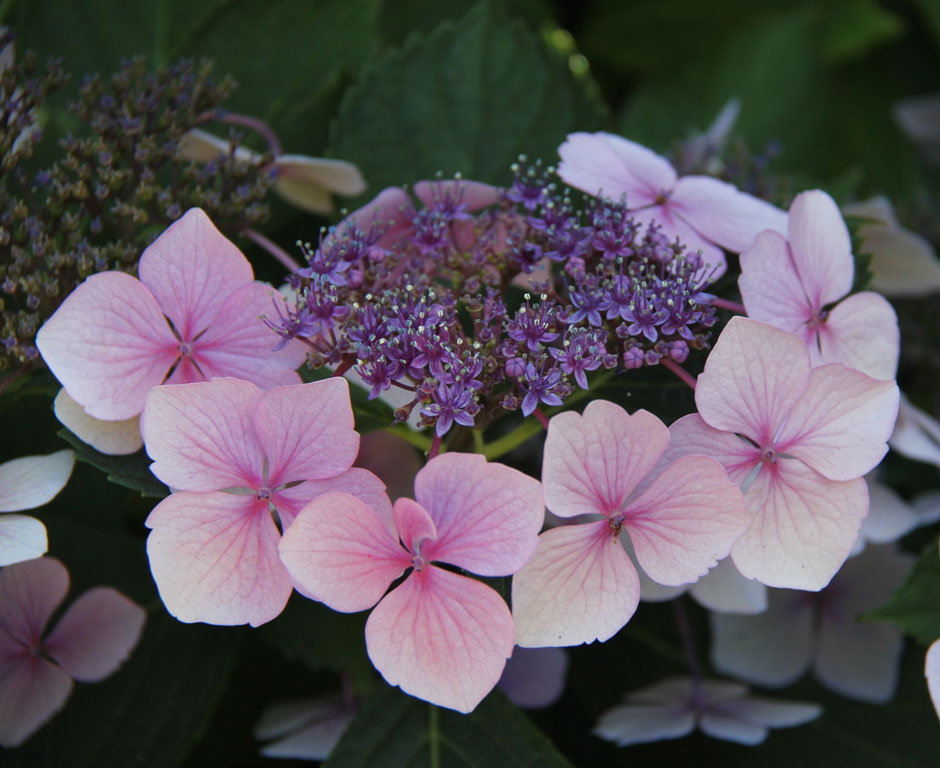
The calm voice of reason is too often lost in rabble-rousing and the vicious spin cycle of media rivals. It’s worth remembering that this great country of ours has been built in large part by the immigrants who arrived here from Europe, Africa, Asia, and Latin America. Most arrived with little but hope and ambition, and most endured resistance from the folks who got here “first.” Yet, with the exception of the original citizens of this nation, who were nearly wiped out by the early pioneers and now are compelled to fight for the most basic human rights, here in the United States of America we are all immigrants. We all wave the same little flags on the Fourth of July and during electoral seasons. But flags mean nothing if we forget what they stand for.
At The Kubota Garden, the meaning of good citizenship is embedded in rocks and roots. It flows freely in the waterfalls, stands tall in the evergreens. It tells us: work hard, grow strong, and remember where you came from.
